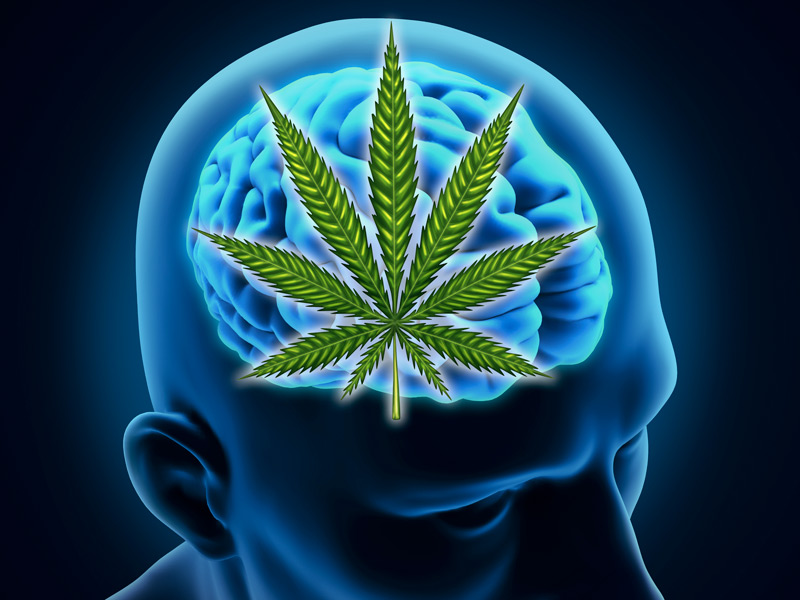Studies explore cannabis’ impact on the developing brain
Scientists discovered that mice with Alzheimer’s disease exhibited improvements in memory after being treated with THC
Fresh research has delved into the fascinating ways in which cannabis may influence a developing human brain. The research spotlights the effects of cannabis on the brain, some of which are beneficial and others that could be harmful to human health.
Findings were sourced from numerous studies and discussed at the 2018 annual meeting of the Society for Neuroscience, which took place in San Diego, California.
Some parts of the brain experienced disruption in communication after exposure to cannabis, which also disrupted the levels of metabolic compounds and chemical messengers inside the brain that are responsible for memory and learning.
Conversely, separate studies have suggested that patients with Alzheimer’s disease may experience some relief from their symptoms when exposed to a particular compound contained in the cannabis plant – delta-9-tetrahydrocannabinol (THC).
Six brain studies find fascinating effect(s) of cannabinoid exposure
‘Cannabinoid’ is the technical term for the cannabis plant’s naturally occurring chemical compounds. A cannabinoid is not limited to just one kind. There are literally hundreds of naturally occurring cannabinoids produced by weed. However, we’re going to focus on cannabis’ psychoactive constituent today: THC.
For many, the studies spotlighted the potential long-term effects of frequent cannabis use over a person’s lifespan.
Mainly, the researchers discovered that:
- Unborn rats, when exposed to the psychotropic compound delta-9-tetrahydrocannabinol (THC), were less resilient to stress in adulthood.
- When the rats reached adolescence, the scientists noticed poor development of essential brain circuits for learning and memory.
- Increased activity in the brain circuits responsible for habit-forming was apparent among adolescent rats that were administered with cannabinoids.
- Brain regions associated with decision-making, self-control and planning were physically altered in adolescent rats that used cannabinoids.
- Long-term cannabinoid use in adult mice caused alterations in the metabolic rate and connectivity of certain brain regions associated with learning and memory.
- Scientists discovered that the THC-treated mice with Alzheimer’s disease lost significantly less brain cells. Moreover, they exhibited improvements in memory.
Cannabis experimentation typically happens during adolescence, which is a critical time for brain development. The outcome of these studies indicate that cannabis could cause long-term damage to an unborn child.
On a positive note, the studies demonstrate the potential medicinal benefits of cannabis in certain scenarios. Notwithstanding, the studies also highlight the importance of better understanding the cons of cannabis consumption, especially for pregnant females, chronic users and teenagers.








